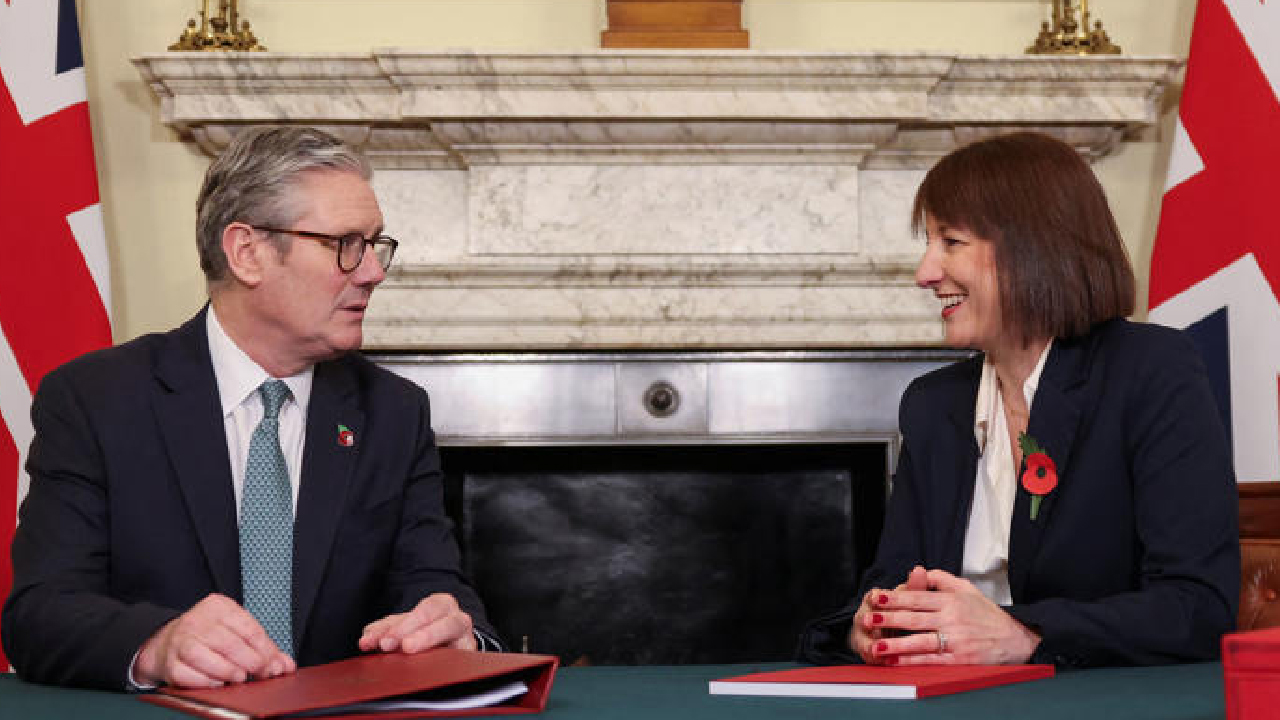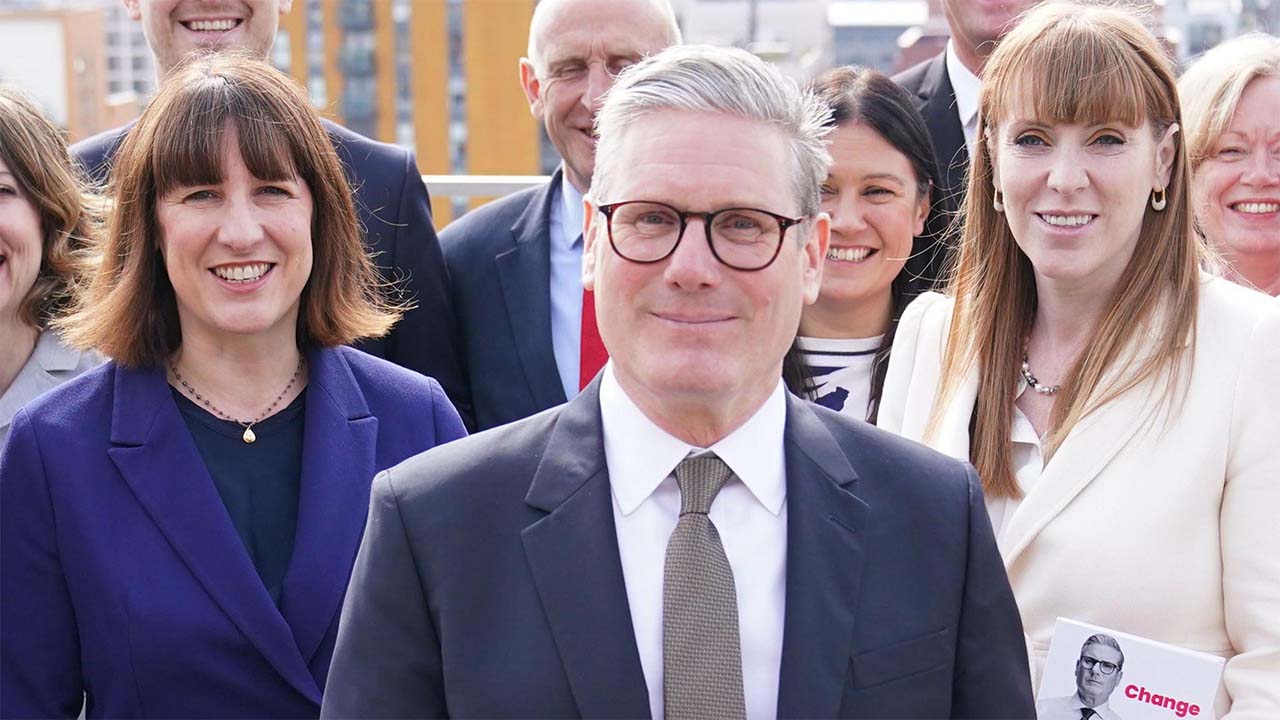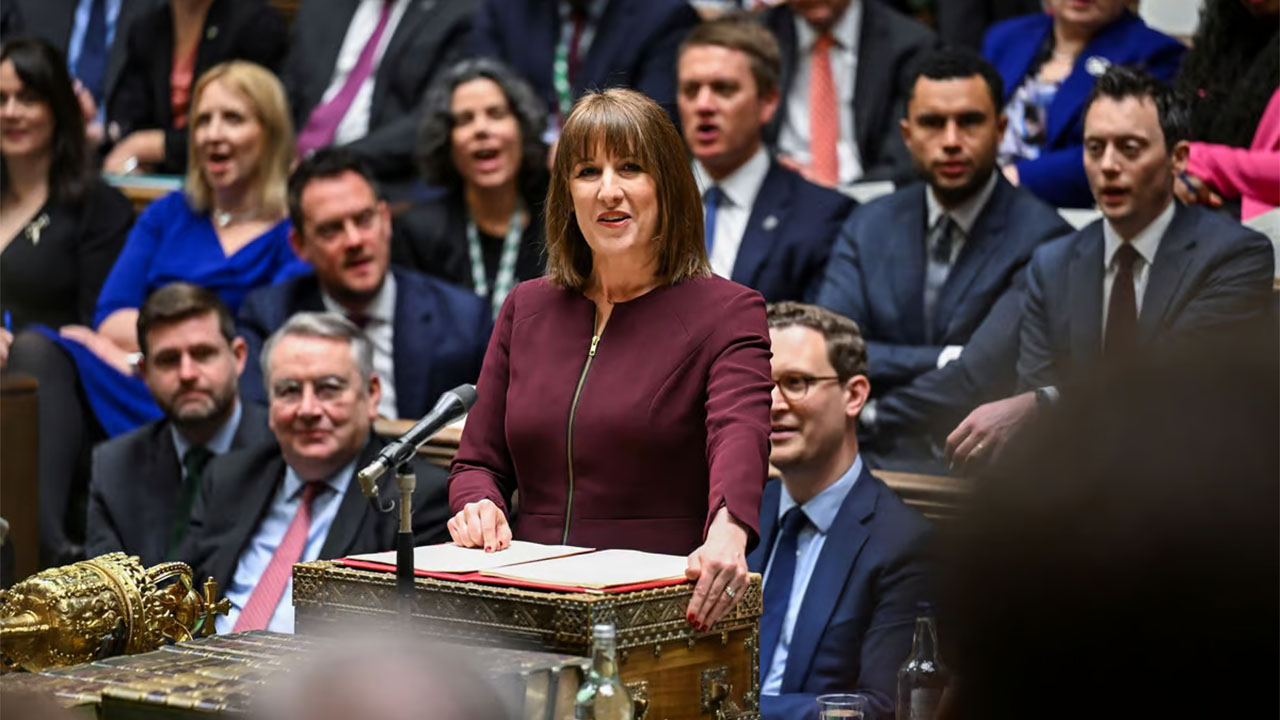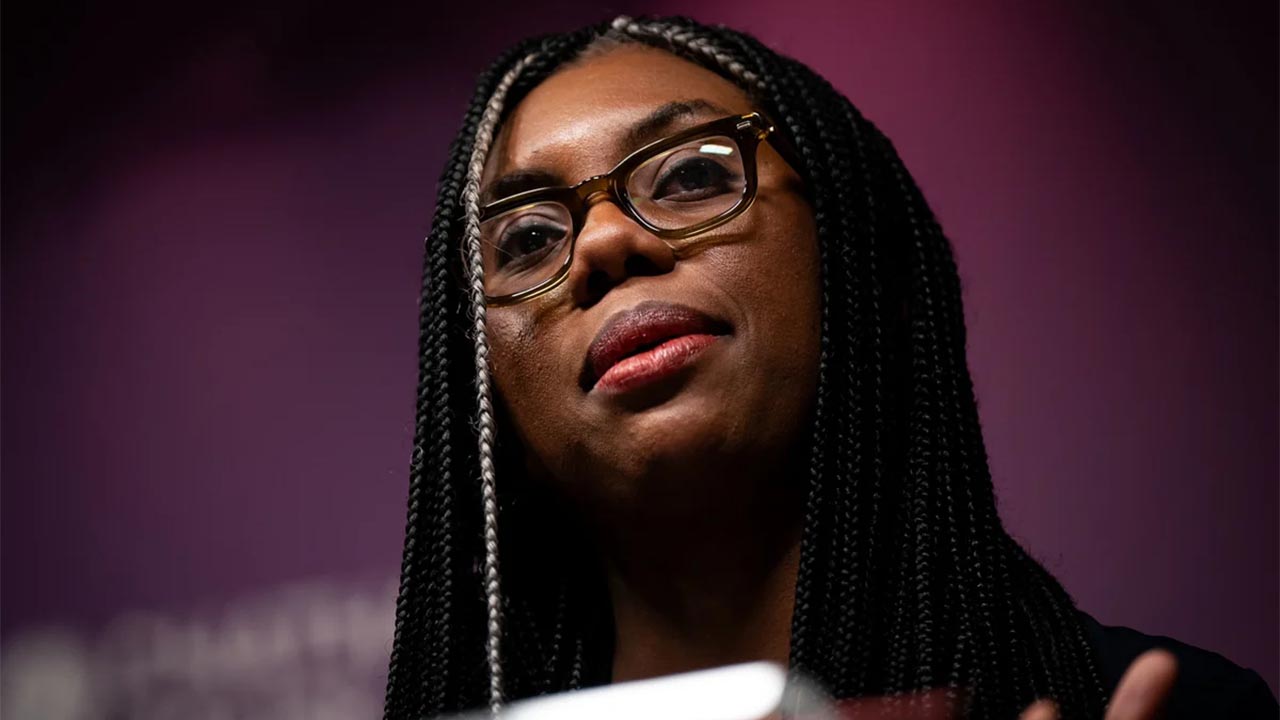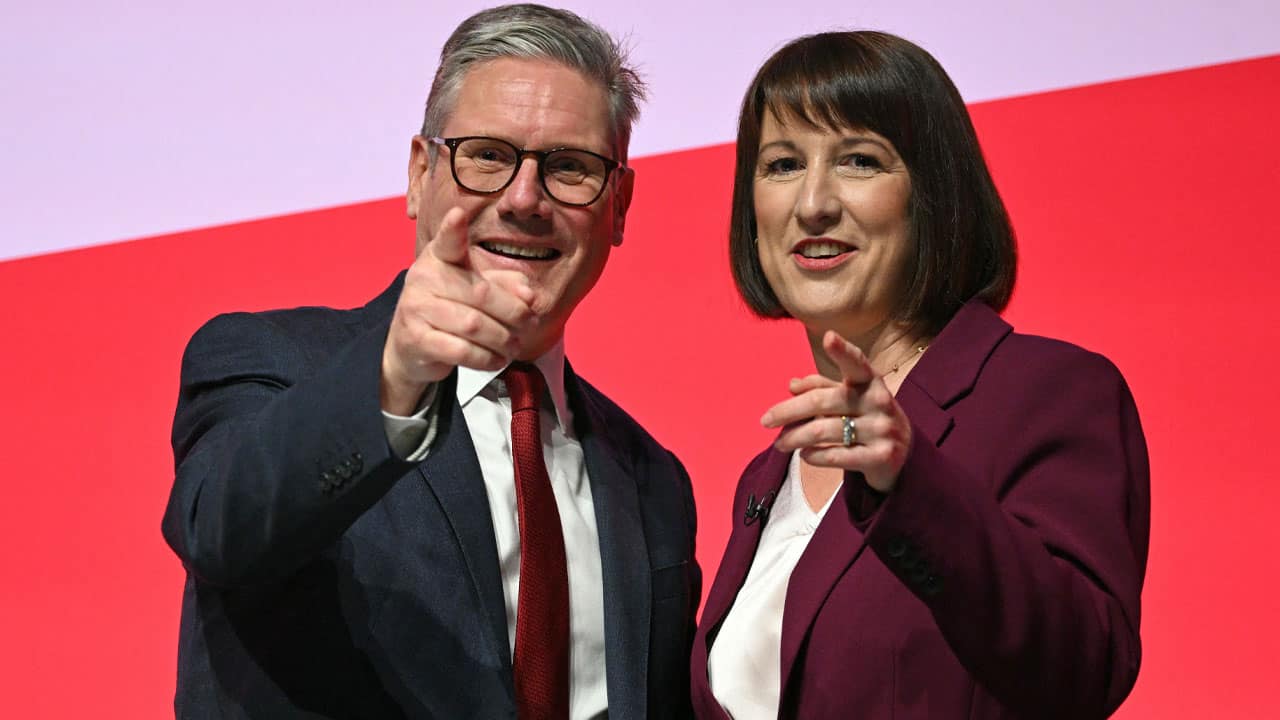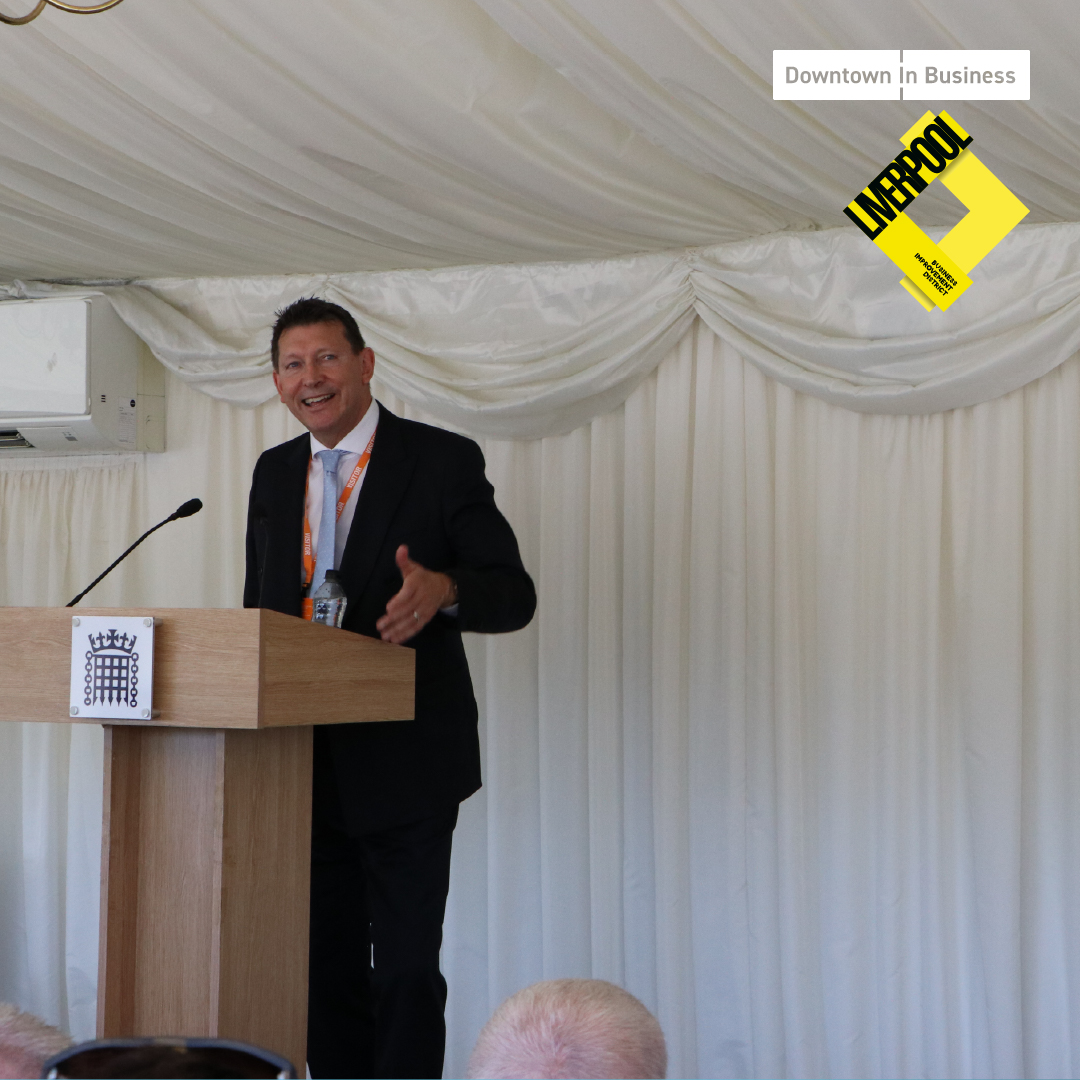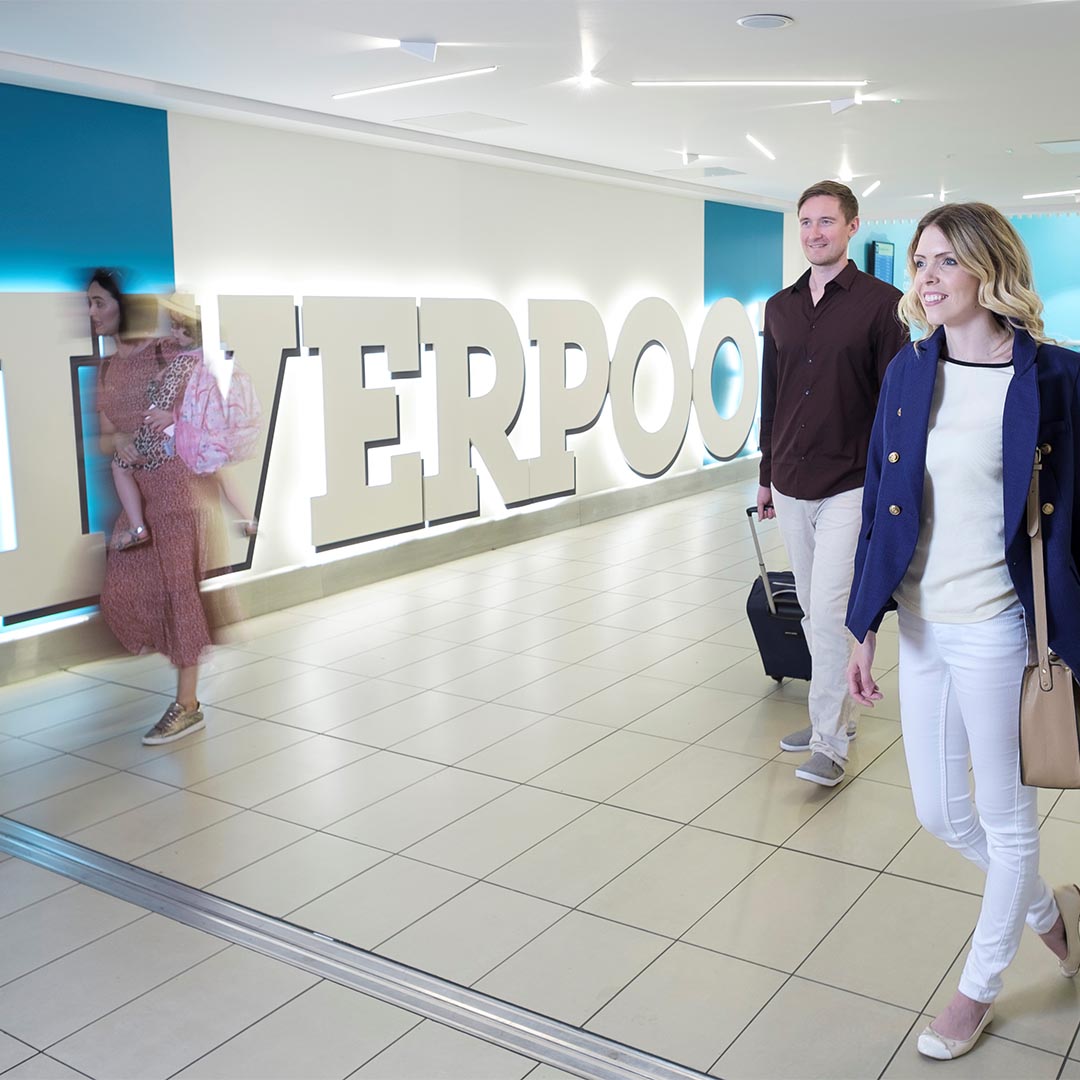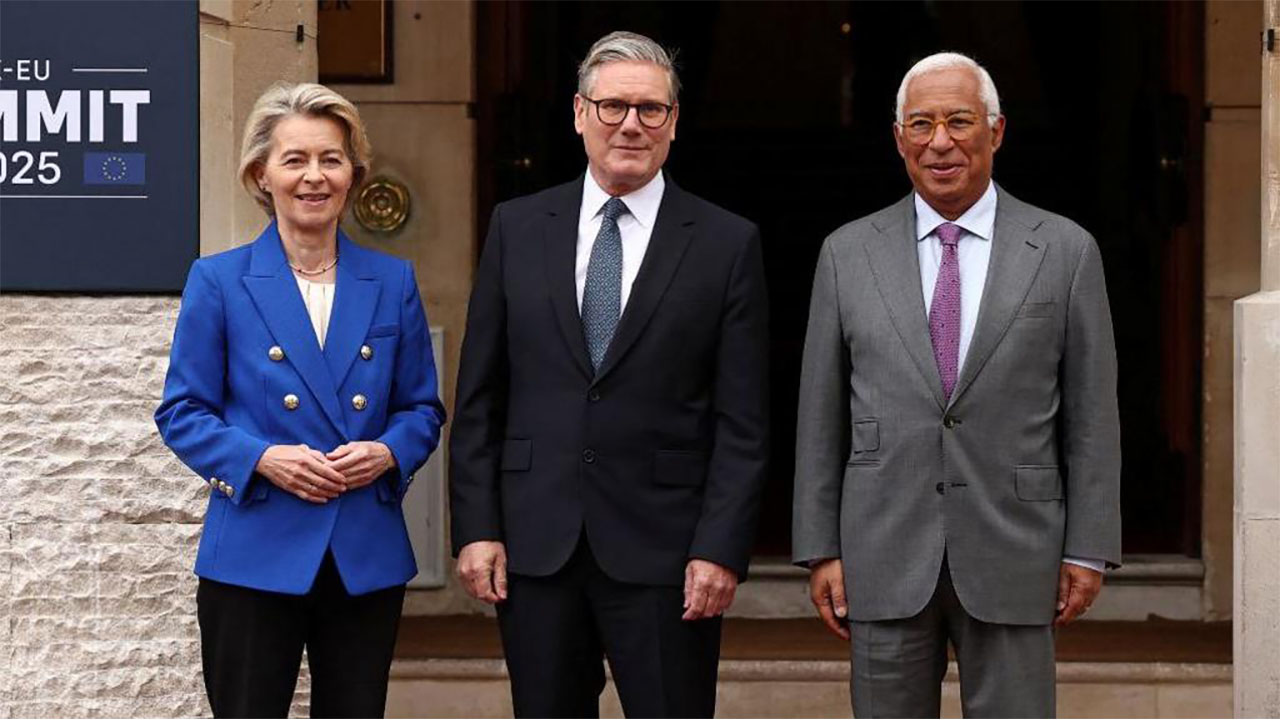When historians look back at the opening months of the new Labour government, I suspect they will not highlight free suits, specs and Taylor Swift tickets as its biggest mistake in its first 100 days of office, but the fact that it took the Chancellor four-months to present her budget.
The running commentary on what Labour may or may not do has been painful.
Whether it has been worth the wait, if the juice will be worth the squeeze, that the expected short-term pain will be seen as a work of political genius as long-term gains emerge – well, we must wait and see.
There were few surprises in this overly trailed budget presentation, which was so comprehensive that it took Rachel Reeves almost 90-mimutes to unveil.
It is a tax and spend, or tax and invest budget that Labour hopes will finally move the UKs economy from anaemic stagnation to consistent growth.
In addition to more money for education and the NHS, there will be investment into transport, roads, housing, and other infrastructure projects,
If Reeves is right, this investment will create the foundations on which a more productive Britain can deliver the growth she and Keir Starmer promised during the General Election campaign. If she is right, Labour will win a second term in 2029.
However, if her gamble backfires, the extra burdens that she admitted will fall largely on business leads to not an increase but contraction in investment and jobs growth – then an unlikely Conservative revival – or indeed further flirtation with Reform – cannot be ruled out at the next election.
Though important, the budget isn’t the only bullet in the Chancellor’s gun though. The ‘B’ word is seldom talked about, but all independent analysis proves that Brexit is costing UK Plc 4% growth a year. A positive resetting of our trading relationship with the EU would soon see the Office for Budget Responsibility (OBR) revive their projections for British growth upwards.
Equally, the English devolution bill is expected by the turn of the year. Will the brakes finally be released from our regional mayors so that they can become genuine participants in Britain’s ‘dash for growth’.
Last but not least, with more cash must come an absolute demand from the government that our public services, the NHS and education in particular, drag themselves into the 21st Century. Radical reform is long overdue and if we are not to simply throw good money after bad those reforms must be delivered sooner rather than later.
Rachel Reeves has finally been honest with the British people about the scale of the challenges we face. The question now is – has she found the right solutions?


